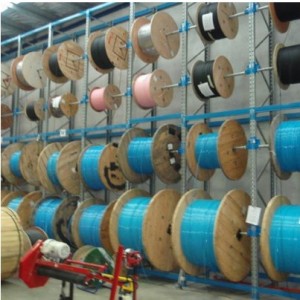The city where I live, Palo Alto has a long tradition of providing municipal utility services (that is, electricity, water, gas, etc) to its residents. For the past several years the city has been considering implementing a municipal fiber optic system which would permit residents to have fiber optic cable link directly to their houses which provided television, telephone and Internet services (at very high bandwidths). Naturally, the incumbent service providers (cable and phone) strongly lobby against such moves (for precisely the same reasons these companies wish to be monopolists in the first place.) The incumbents have sabotaged municipal FTTH fiber efforts in the past — specifically in the “tri-cities” region in Illinois, around the far west suburbs of Chicago.
In this Sunday’s Mercury News, there’s an article which discusses the city’s plan to make a final feasibility study of the project and a recommendation to the city council. Even if the city council votes in favor of the project, there will be a city wide referendum, since fiber optic cable prices would require millions of dollars in bonds to finance.
As a resident of Palo Alto, as well as a technology advocate, I’m rather strongly in favor of such a move by the city, even though it carries some financial risk (if the fiber optic plan flops, the city would have to raise its rates for other utilities).
At last there might be a means of transmission which is separated from the fiber optic cable providers, something that the local cable and phone companies absolutely refuse to provide.
Imagine a network with massive amounts of bandwidth where multiple companies competed to send content down that connection to a consumer. How would this be anything but a win-win situation for everyone? The city sells the bandwidth to many different companies, consumers have lots of choices in content providers, and the content providers are collecting revenue for their content — and that’s the whole point anyway isn’t it?
SOURCE: http://it.toolbox.com

